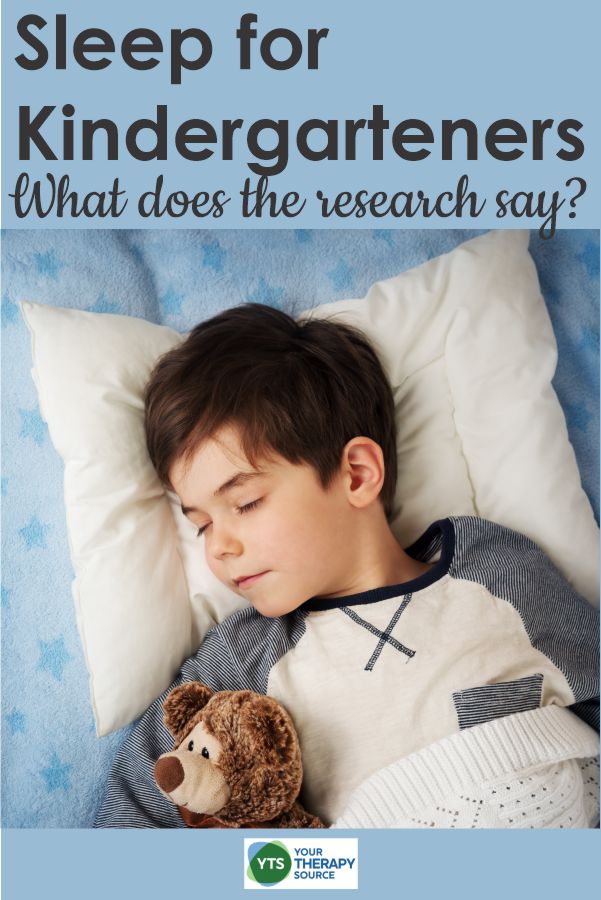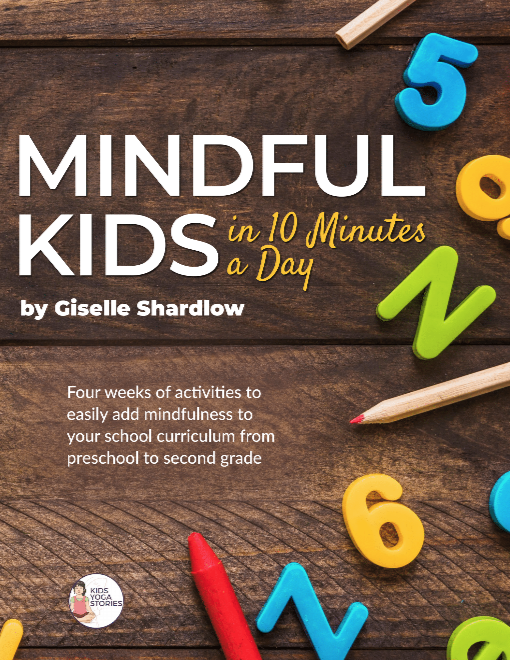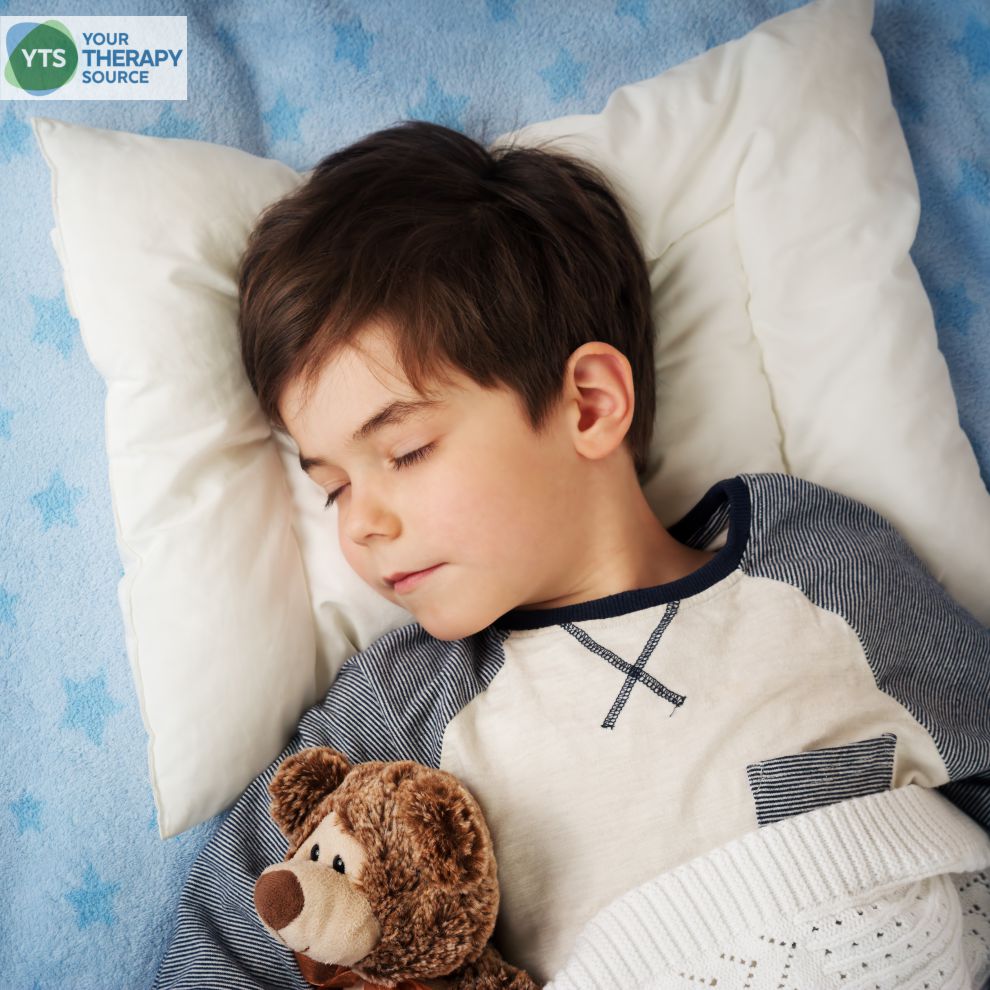Sleep for Kindergarteners

Getting ready to start kindergarten is a big transition for little kids. Often times parents are getting their children ready with preschool, enrichment activities, outdoor playtime and more. Sometimes some of the most simple strategies can be overlooked. For example, sleep for kindergarteners is extremely important for success in the classroom.
WHAT DOES THE RESEARCH SAY ABOUT SLEEP FOR KINDERGARTENERS?
Pediatrics published a longitudinal research study about the association between child sleep duration and children’s socioemotional, learning engagement, executive functioning, and academic outcomes across the full kindergarten year.
Using wrist actigraphy, 221 children were evaluated for sleep duration at four different times: preK, early kindergarten, mid-kindergarten and late kindergarten. The measures for sleep duration included:
- mean about of sleep per 24 hour period across a full week
- percentage of 24 hour periods per week that children slept 10 or more hours
- percentage of nighttime sleep periods per week that children slept 10 or more hours.
The results of the study on sleep for kindergarteners revealed the following:
- regularity of nighttime sleep in which children slept 10 or more hours per night, especially at pre-K, consistently predicted more favorable kindergarten outcomes in socioemotional, learning engagement, and academic domains.
- establishing healthy nighttime sleep habits before the start of kindergarten was associated with better kindergarten adjustment throughout the whole year.

Get Fit for School Webinar – Popcorn and Animals Make My Muscles Strong!
STRATEGIES TO PROMOTE HEALTHY SLEEP FOR KINDERGARTENERS
Here are 10 helpful strategies to encourage healthy sleep habits in children:
1. Establish a regular bedtime routine for kindergarten and stick to it as much as possible. Include a good bedtime for kindergarteners such as 8:00 pm. A bedtime routine can include taking a bath, brushing teeth, and reading a story.
2. Keep the bedroom dark and cool. This will cue the body that it is time to sleep.
3. Avoid screens in the bedroom and any screen time at least 30 minutes before bed. This includes televisions, computers, tablets, and phones. The blue light from screens can inhibit melatonin production and make it harder to fall asleep.
4. Create a relaxing environment in the bedroom. This could include using calming colors, diffusing lavender essential oil, or playing soft music.
5. Avoid caffeine or chocolate late in the day. Caffeine can stay in the system for up to 8 hours and make it difficult to fall asleep.
6. Avoid sugary snacks before bed. A bedtime snack should be healthy and light so it doesn’t interfere with sleep.
7. Get plenty of exercise and outdoor time during the day. Exercise can help tire the body out and promote better sleep at night.
8. Practice some relaxation techniques before bedtime. This could include deep breathing, mindfulness, or visualization.
9. Make sure the mattress and pillows are comfortable. Sleep should be an enjoyable experience so make sure the bedroom is set up for success.
10. Keep a sleep diary to track patterns and progress. This can be helpful in identifying any obstacles to good sleep.
Read more on how to help children sleep.

Mindful Kids in 10 Minutes a Day – PreK to 2nd Grade
SLEEP IS IMPORTANT FOR KINDERGARTENERS
Sleep is extremely important for kindergarteners. It helps with academic success, socioemotional well-being, and executive functioning. There are many things parents can do to promote healthy sleep habits in their children. Try out some of the strategies above and see how it goes!
REFERENCE
Teti, D. M., Whitesell, C. J., Mogle, J. A., Crosby, B., Buxton, O. M., Bierman, K. L., & Almeida, D. M. (2022). Sleep Duration and Kindergarten Adjustment. Pediatrics.
RELATED INFORMATION
5 Interoceptive Strategies to Induce Sleep
Free Handwriting Worksheets for Kindergarten



